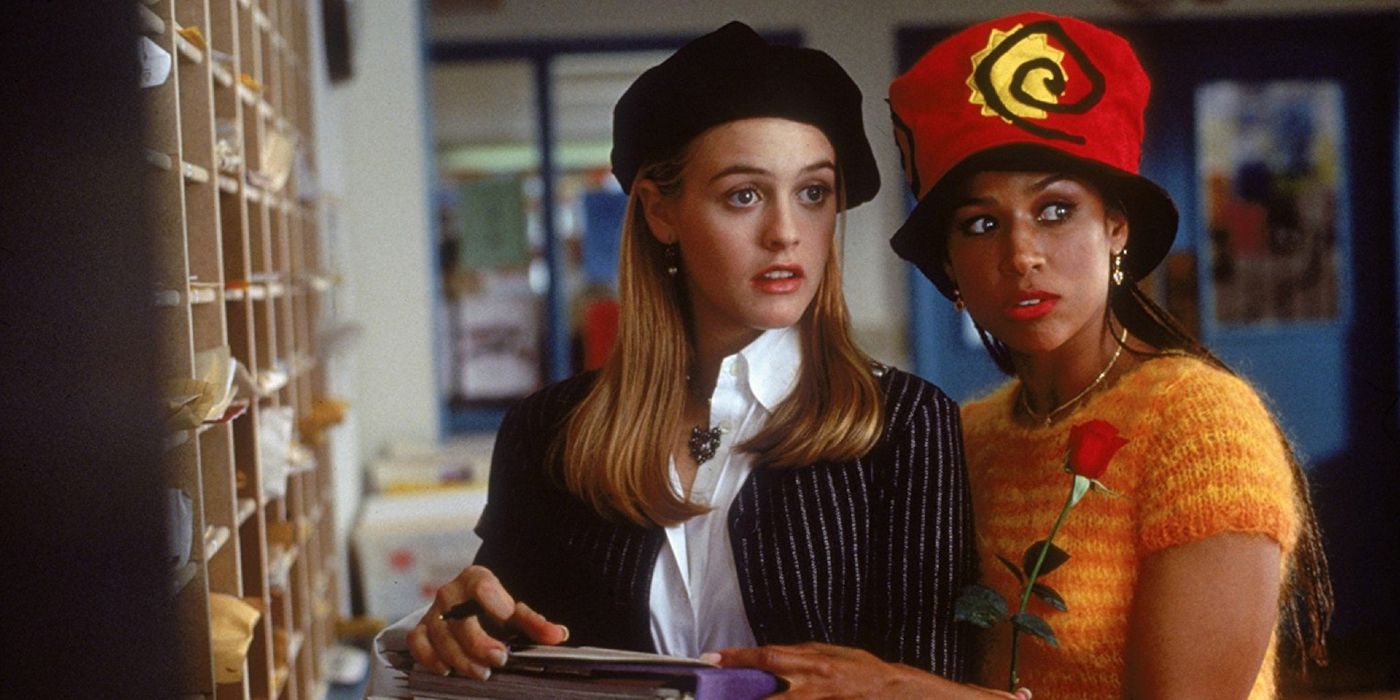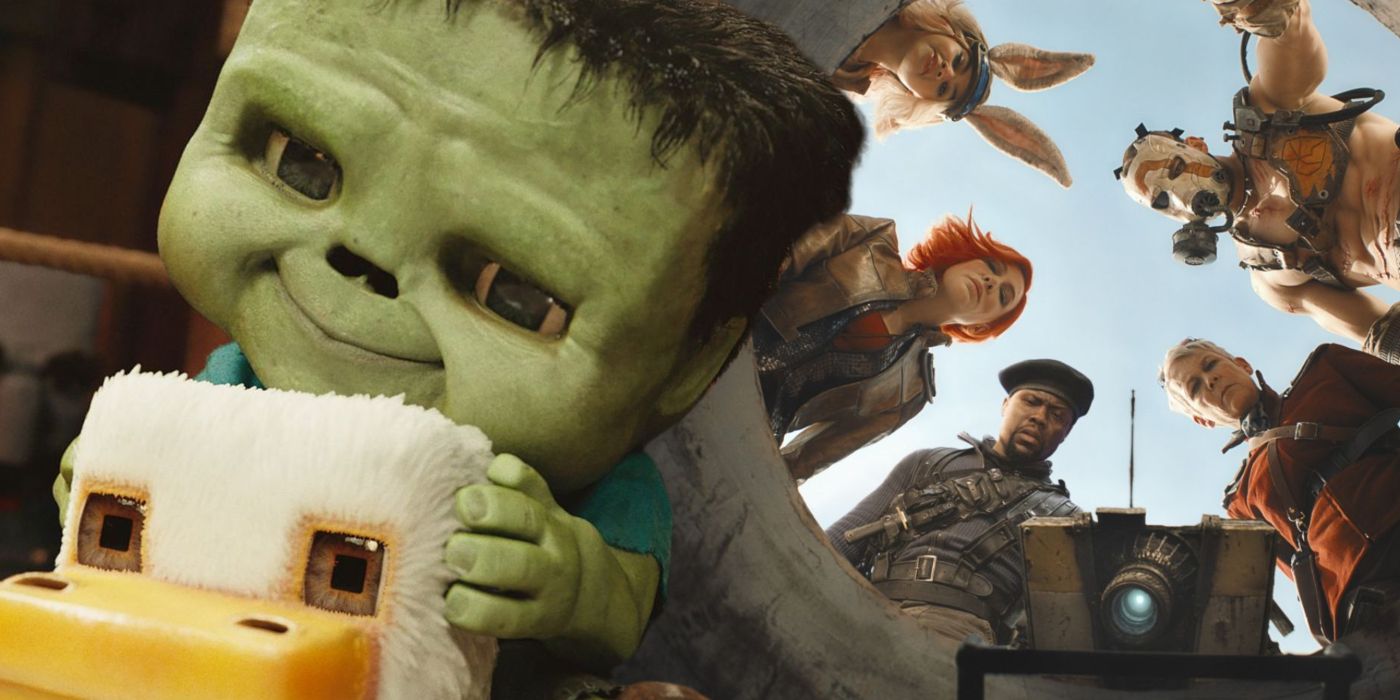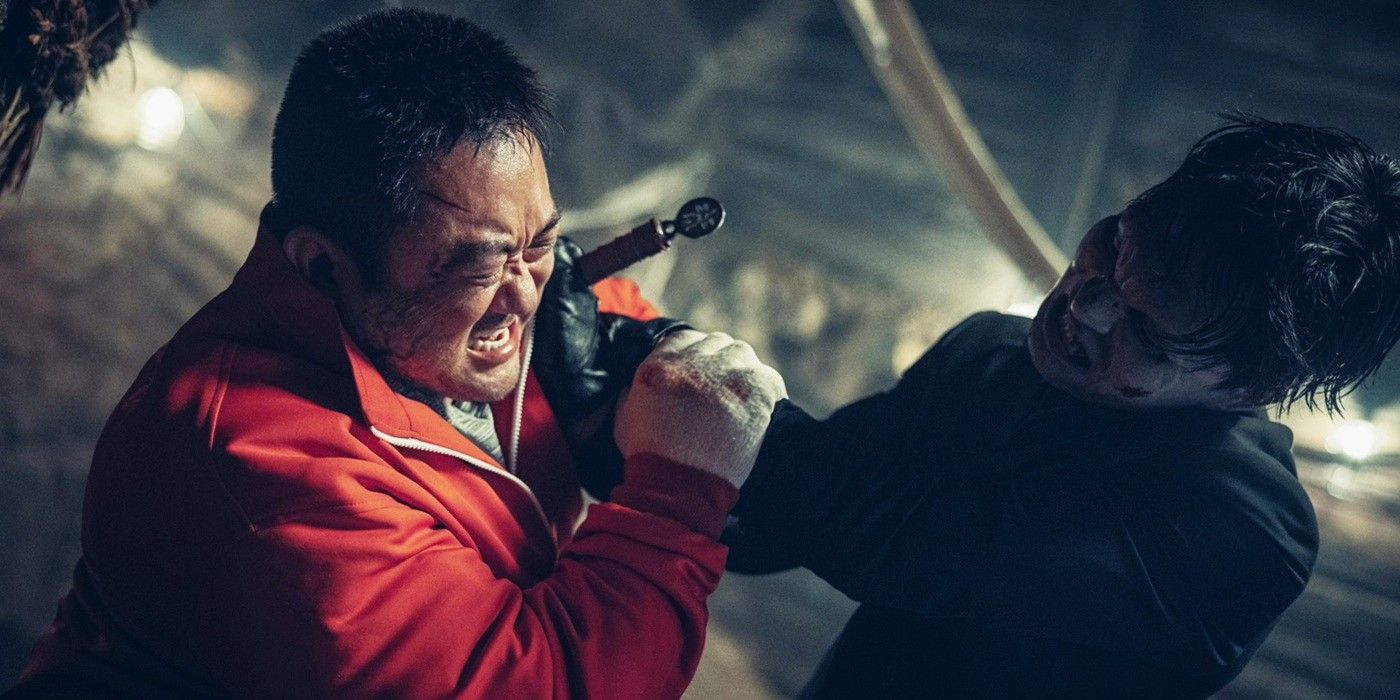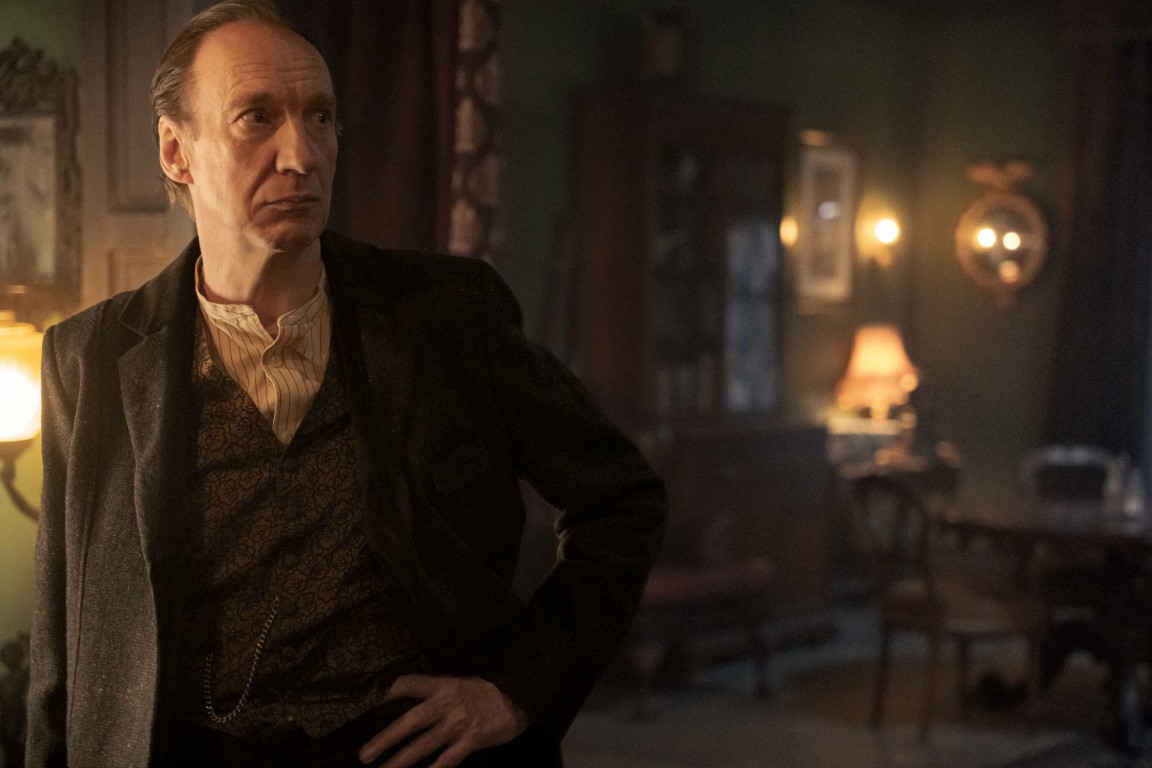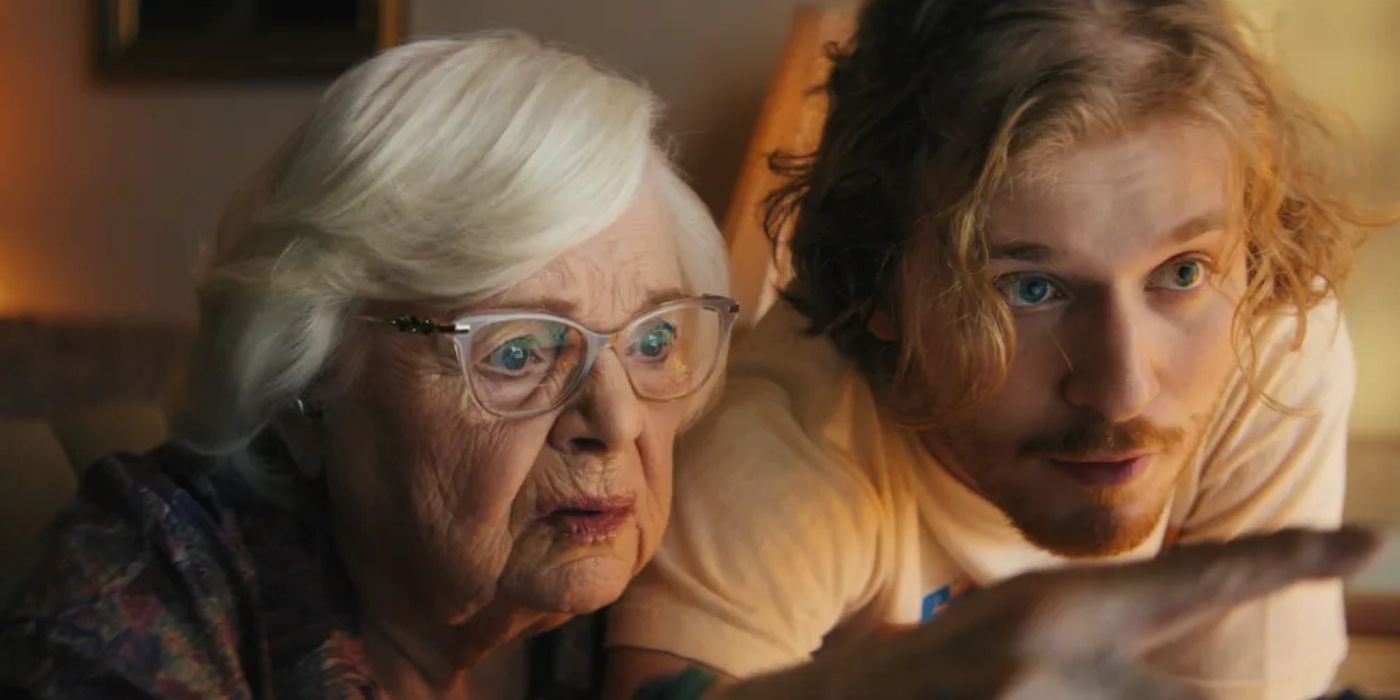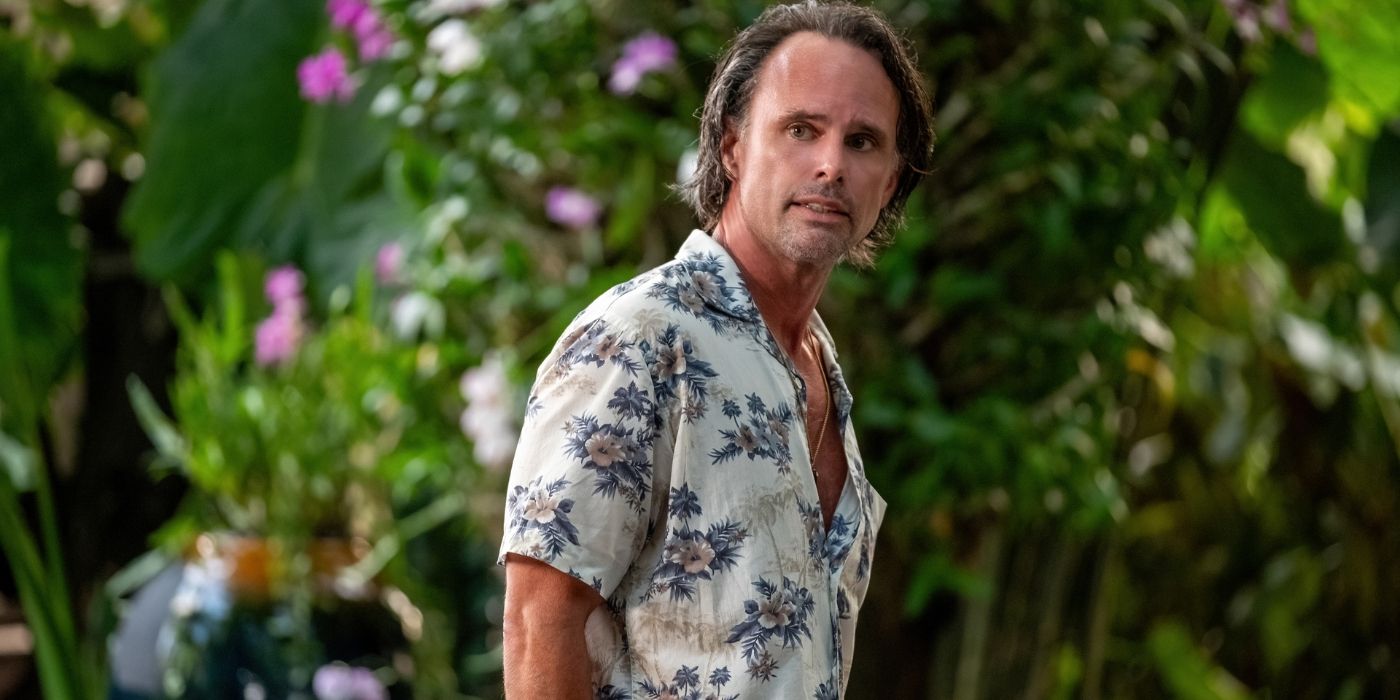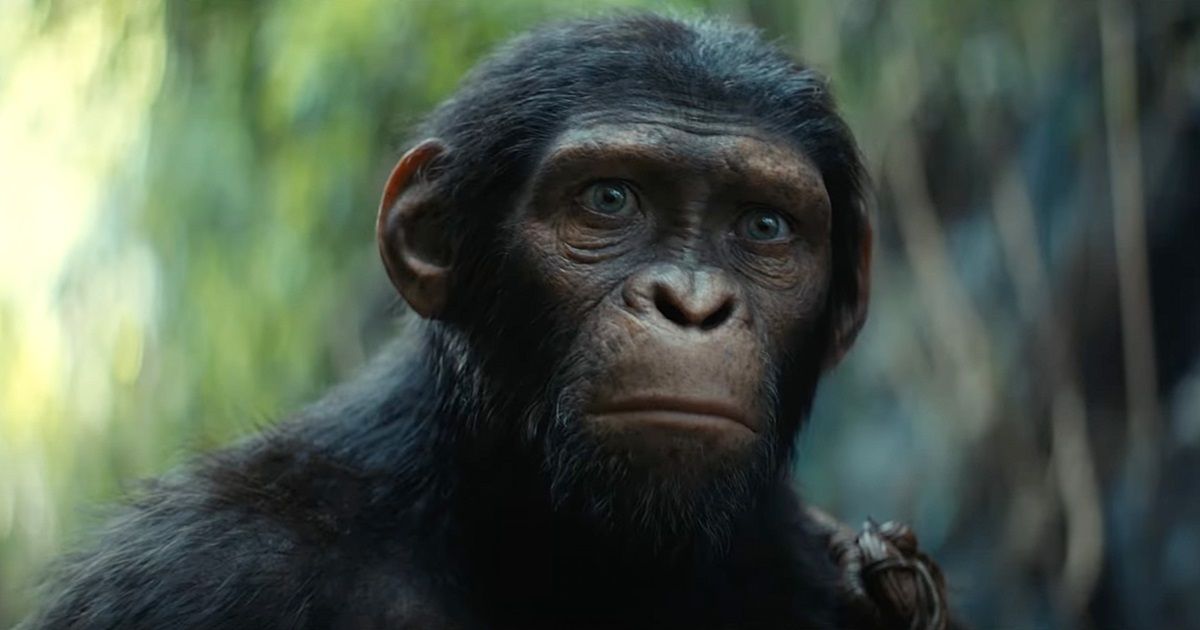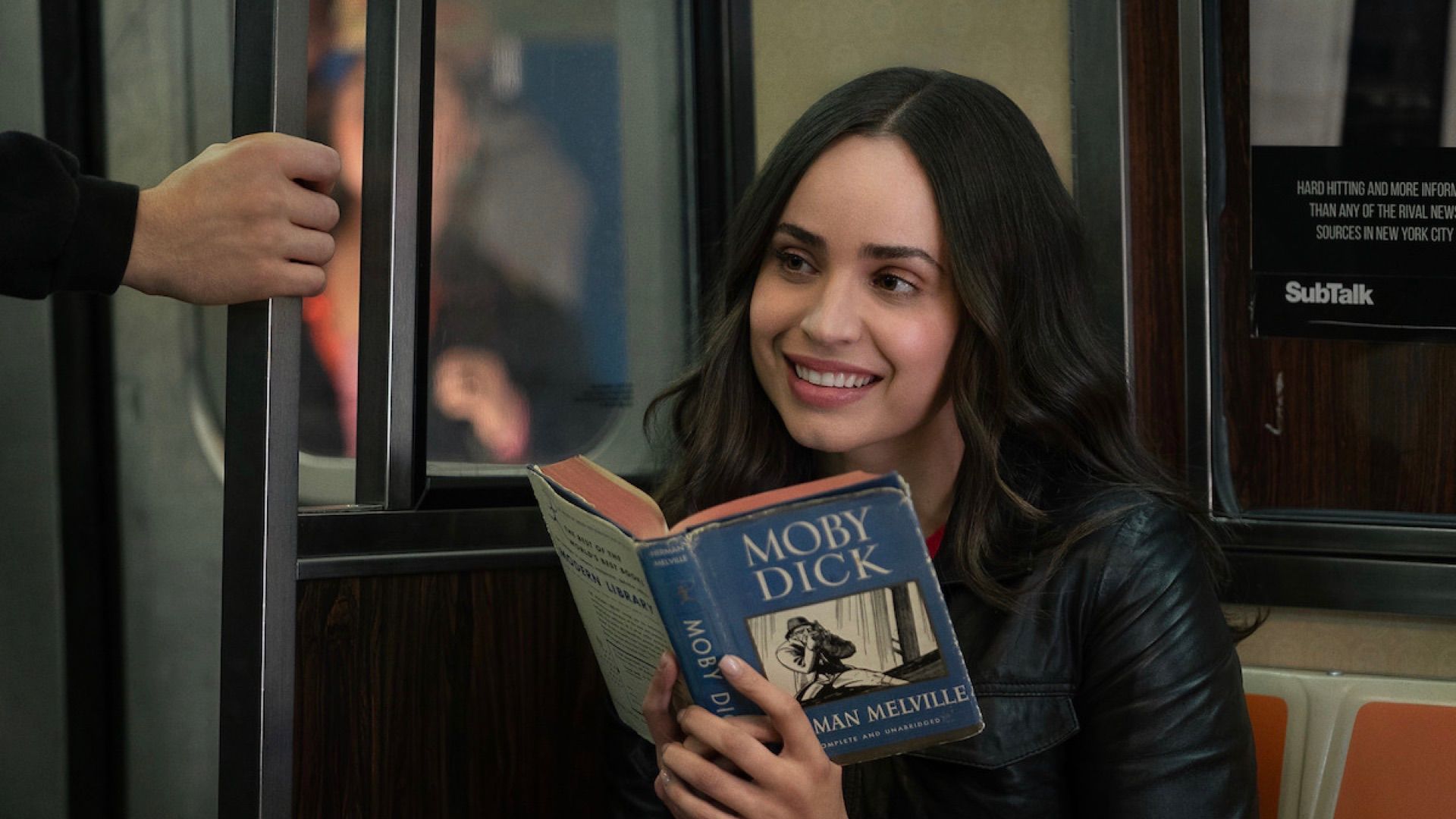Summary
- June Squibb shines in Thelma, proving why she’s a national treasure.
- Thelma is a crowd-pleasing and genuinely delightful comedy with deep messages about selfhood and mortality.
- Despite its underdeveloped subplots, Thelma succeeds as an ode to grandmothers and a testament to living life to the fullest.
There’s some truth to the saying, “Age is just a number.” Look at June Squibb in Thelma for proof. Playing the titular Thelma Post, the 94-year-old actress is finally leading her own movie, which comes more than 30 years after playing supporting roles in beloved films like The Age of Innocence (1993), Far from Heaven (2002), and, of course, Nebraska (2013), which earned her an Oscar nomination for Best Supporting Actress.
What’s more, her role in Thelma defies expectation, offering an much-needed addendum to the definition of “action movie star.” Written and directed by Josh Margolin, Thelma made its premiere at this year’s Sundance Film Festival in the Premieres program. It follows the titular 93-year-old grandmother, who becomes the victim of a phone scam by callers pretending to be her grandson, Danny (Fred Hechinger), in need of $10,000.
A fan of action cinema — Tom Cruise and Mission: Impossible, in particular — Thelma decides to take matters into her own hands when the police (and her own family, for that matter) don’t see the point in trying to get her money back. With the help of her longtime friend Ben (Richard Roundtree in his final film role), Thelma journeys across the city against all odds to track down the criminal operation that did her wrong.
Secret Agent Thelma Post
There’s a sweetness and charm with which Thelma moves through the familiar story beats of a blockbuster action movie. Thelma, for instance, goes rogue and breaks free from her family’s supervision. Afterward, she arrives at Ben’s doorstep for supplies, inadvertently dragging him along for one last mission.
They’re also armed with gadgets, from high-tech hearing aids that double as communication links in the field to their getaway vehicle, Ben’s motorized scooter. And between these moments are a car chase sequence, a deus ex machina rescue, and, of course, a final showdown between Thelma and her scammers.
Selling this fantasy is no easy feat, and praise should go to Nick Chuba for his score, and David Bolen for his cinematographic work, both of which help maintain the rules of this world. Reminiscent of classic action film scores, there’s a familiarity to how Chuba’s music sweeps in during the adrenaline-pumping moments, and then effortlessly scales down to something soft and delicate for more grounded scenes. The score could have easily erred into cartoonish territory, but Chuba succeeds in finding the balance between parody and reverence.
Related: 20 Funniest Action Movies Ever Made
Similarly, Bolen’s kinetic lens favors rich warm tones, accentuating the California sun as it beats down on Thelma and Ben and emphasizing the scale of Thelma’s mission. With Margolin pulling editing duty for the film as well, there’s an interesting effect here, wherein the elderly characters’ movements, though naturally slow and steady, feel fast-paced as Bolen’s camera zips through each scene.
Which may be perceived as comical, but a less reductive reading would be that this is intentional, firmly putting us in Thelma’s shoes and effectively showing us how she views her own agency. (“I move from point to point,” she says proudly, even defiantly, of her self-reliance at a critical point in the film.)
An Ode to Grandmothers Everywhere
3.5 /5
Release Date January 18, 2024
Director Josh Margolin
Runtime 1hr 37min
Writers Josh Margolin
Pros
- June Squibb again proves why she’s a national treasure in Thelma.
- A crowd-pleasing, genuinely delightful comedy.
- Thelma is very fun but also has deep messages about selfhood and mortality.
Cons
- Thelma never develops its subplots or supporting characters.
- It can be a bit silly, but Thelma is self-aware about it.
What’s most remarkable about Thelma is that, underneath the action movie echoes, there is a reverberating declaration of self. Yes, Margolin’s film shows that age can be just a number, but it absolutely soars when it doesn’t disregard it altogether. And this is where Squibb shines the brightest, flexing her comedic chops as she stumbles her way through social media and online banking at one moment, while contemplating (and even accepting) the limitations of her life and her body at another.
It’s great to see the actress wield a gun and zip through traffic on a scooter, but it’s her moments of quiet strength — she is aware life will one day end, but she makes the decision to carry on to the fullest anyway — that will stay with you after the credits roll, making you question your own mortality as well.
Related: Pedro Pascal Dishes on ‘Immaculate’ Scene in Freaky Tales at the Sundance Film Festival
Because Thelma embarks on such a transformative journey, it unfortunately makes it more apparent that her family’s subplot (Danny’s arc, in particular) is severely underdeveloped. Hechinger has proven his talent over the years — it’s only a matter of time before his star rises to stratospheric heights — and in Margolin’s film, he makes Danny immediately endearing.
However, his arc (of learning that he isn’t, in fact, a failure) doesn’t really earn its ending; indeed, it feels shoe-horned so that he has a reason to stick around until the end, where he fulfills his true purpose: driving Thelma and Ben’s getaway car at the end.
This, of course, doesn’t take away from the fact that Danny and Thelma’s relationship is the beating heart of the film. There have been many wholesome movies about family throughout the past, but very rarely do we get to see a grandmother-grandson dynamic as infectious and sweet as the one here. A personal film for Margolin, Thelma succeeds as an ode to grandmothers everywhere and as a testament to the fact that life is short, so you might as well be living it.
You can view the original article HERE.



